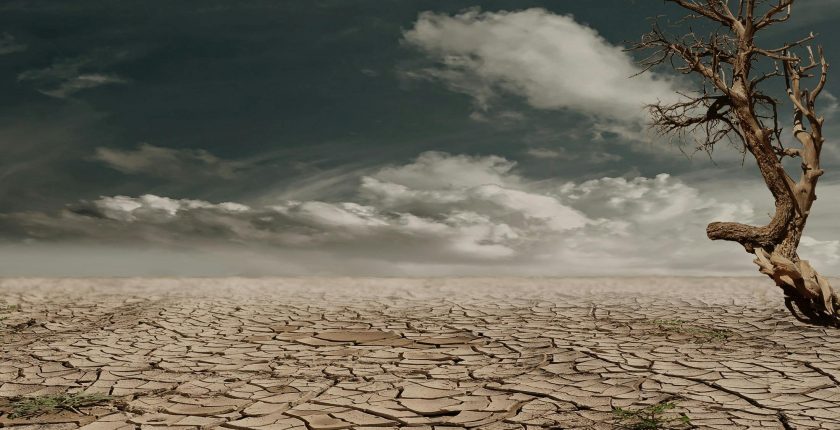What do you know about climate change.
Climate change refers to long-term changes in the average weather patterns on Earth, including shifts in temperature, precipitation, and other atmospheric conditions. The primary driver of recent climate change is human activities, particularly the burning of fossil fuels (coal, oil, and natural gas), deforestation, and various industrial processes. These activities release greenhouse gases, such as carbon dioxide (CO2), methane (CH4), and nitrous oxide (N2O), into the atmosphere, trapping heat and leading to a warming of the planet.
Key aspects and impacts of climate change include:
- Rising temperatures: Global temperatures have been increasing, resulting in more frequent and severe heatwaves. This warming has numerous consequences for ecosystems, weather patterns, and sea levels.
- Changes in precipitation patterns: Climate change is altering rainfall and snowfall patterns, leading to more intense and unpredictable weather events, such as storms, floods, and droughts. Some regions may experience increased rainfall, while others may face prolonged periods of drought.
- Melting ice and rising sea levels: Higher temperatures contribute to the melting of glaciers and polar ice caps, causing sea levels to rise. This poses a significant threat to coastal communities, ecosystems, and infrastructure.
- Ocean acidification: The absorption of excess carbon dioxide by the world’s oceans is leading to ocean acidification. This process has detrimental effects on marine life, particularly on coral reefs and shell-forming organisms.
- Loss of biodiversity: Changes in climate can disrupt ecosystems and threaten plant and animal species that are unable to adapt quickly enough. This can lead to shifts in the distribution of species and, in some cases, extinction.
- Extreme weather events: Climate change is associated with an increase in the frequency and intensity of extreme weather events, including hurricanes, typhoons, wildfires, and heatwaves. These events can have devastating impacts on communities and ecosystems.
- Impacts on agriculture: Changes in temperature and precipitation patterns can affect crop yields, leading to food shortages and increased food prices. Shifts in growing seasons and the spread of pests also pose challenges for agriculture.
Efforts to address climate change involve mitigation strategies to reduce or prevent the emission of greenhouse gases and adaptation measures to cope with the changes that are already occurring. International cooperation is crucial to tackle this global issue, as demonstrated by agreements such as the Paris Agreement, where countries commit to limiting global temperature increases and enhancing climate resilience. Individuals, businesses, and governments all play essential roles in the collective effort to address and mitigate the impacts of climate change.



Charleigh Estes
Jericho Robles
nayda prouza
tvHkhBmyaRqPK
dZWwsfKcABmMo
HSzNFCQM
xcajTveGFDino
Malaysia Davenport
iDwydsnUzvIQ
qQGnsPCpMWFU
OQberCmZWPYA
vYIQgkHBxVjfNhbP
uoETtXqvidWMPx
WuEpBQJnwoClx
AgUmRofpbuEcsF